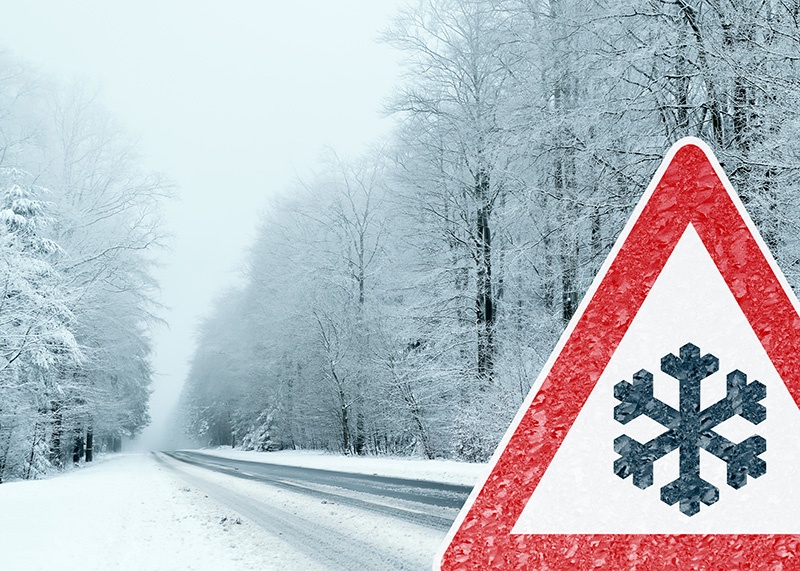
How Winter Weather Affects Fuel Economy
If your fleet seems to require refueling more frequently in winter, it’s not your imagination. Cold weather and winter driving conditions can reduce fuel economy significantly because cold, dry...
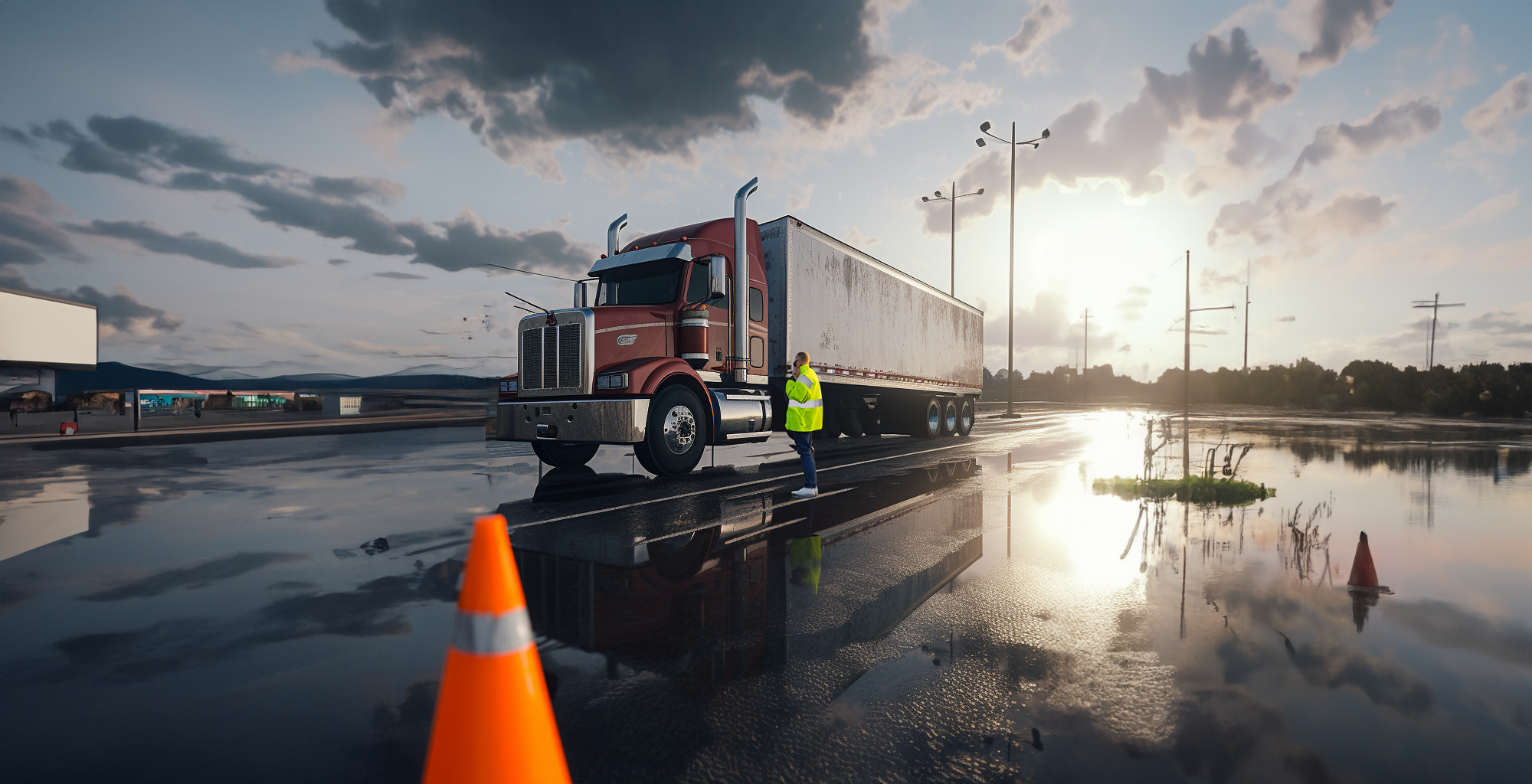

If your fleet seems to require refueling more frequently in winter, it’s not your imagination. Cold weather and winter driving conditions can reduce fuel economy significantly because cold, dry...
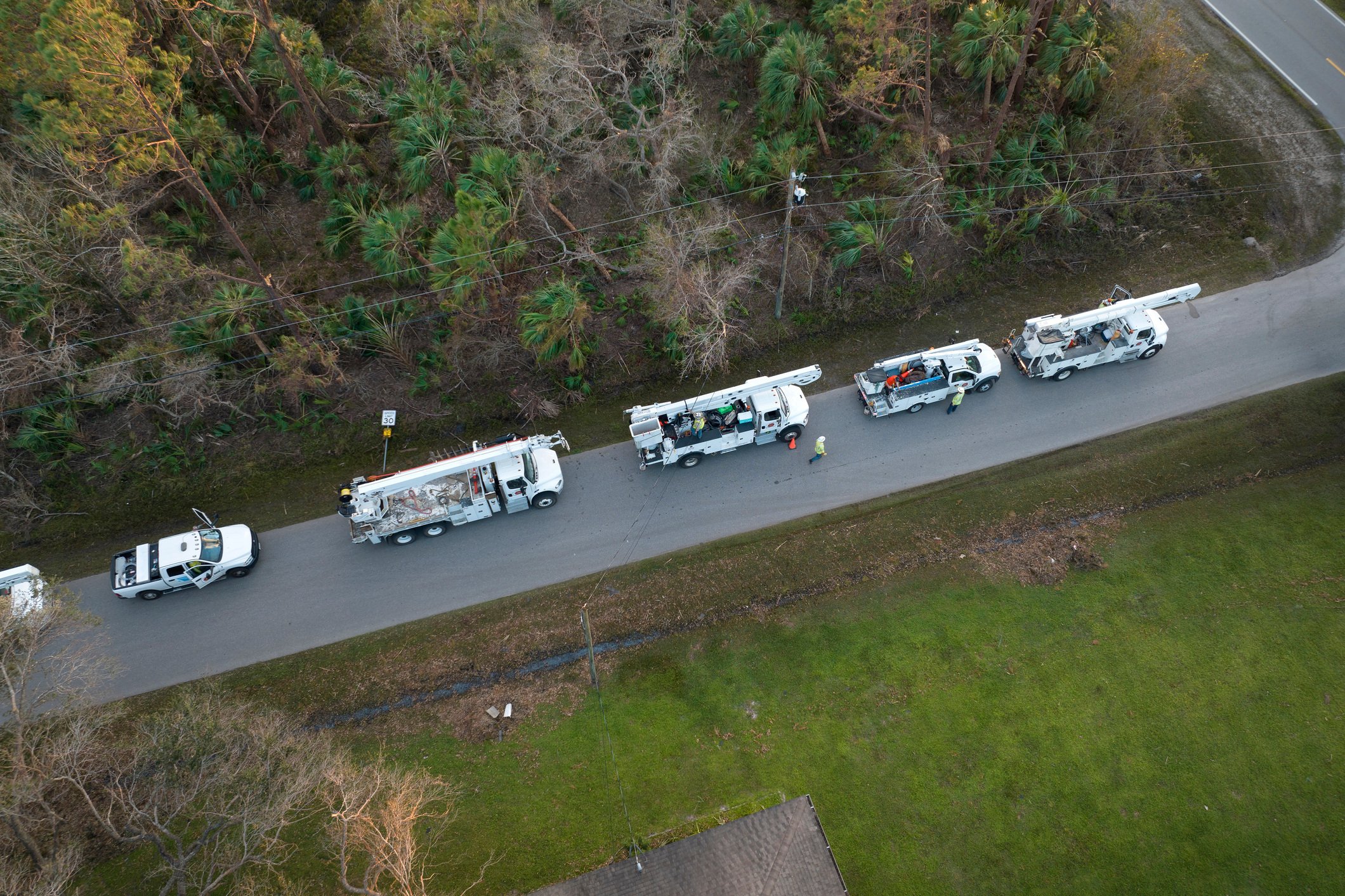
While numerous factors contribute to efficient fleet operations, one of the most crucial is ensuring you have a steady supply of reliable fuel. Unexpected disruptions to fuel availability can have...
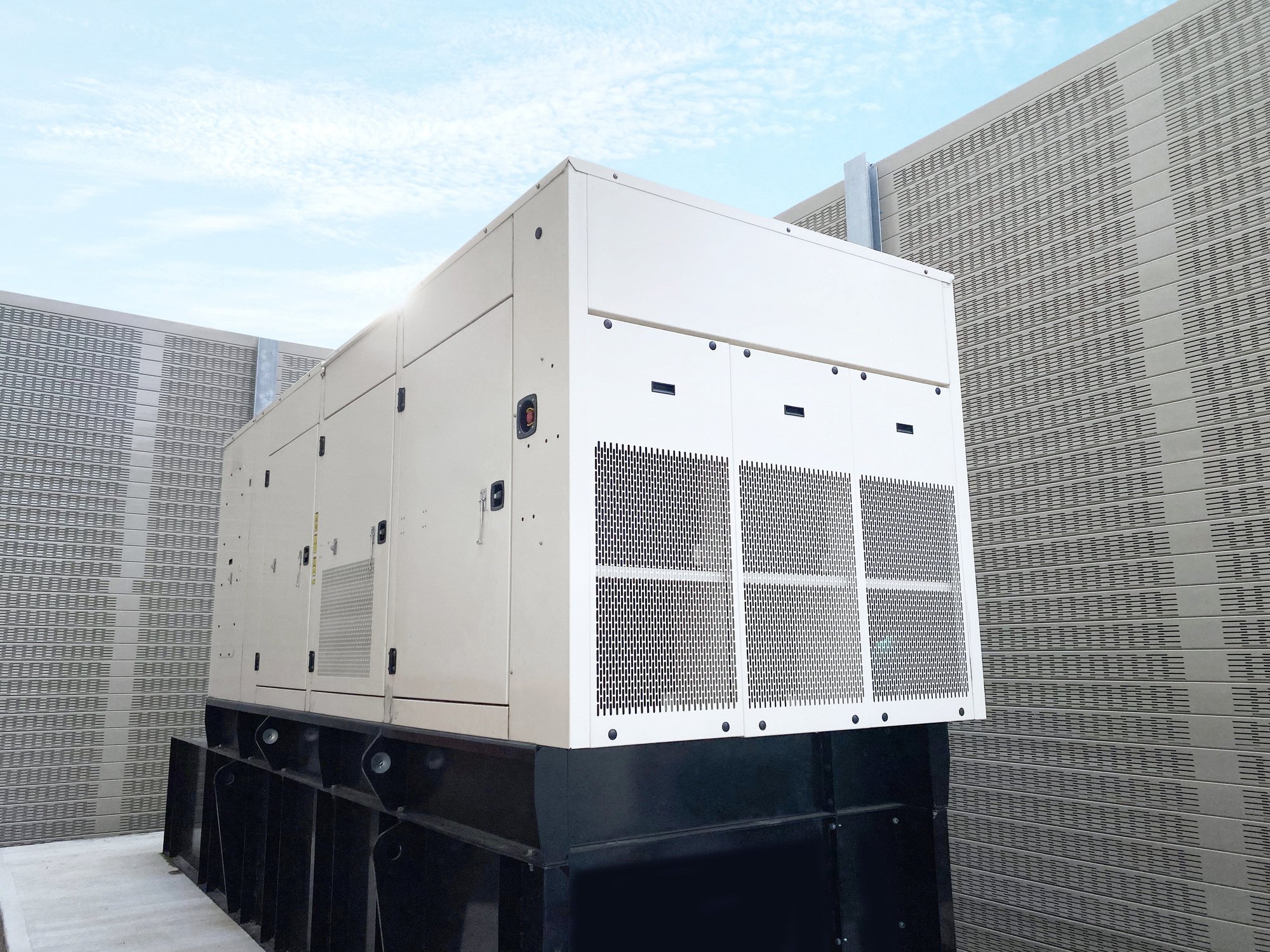
As summer rolls in, extreme heat and severe weather events can roll in right along with it. Extreme heat drives up electricity demand, which can strain the power grid and increase the chances of...

The Atlantic hurricane season officially begins on June 1 and ends on November 30. For fleet managers, there’s no time like the present to focus on hurricane preparedness before the season ramps up.
...
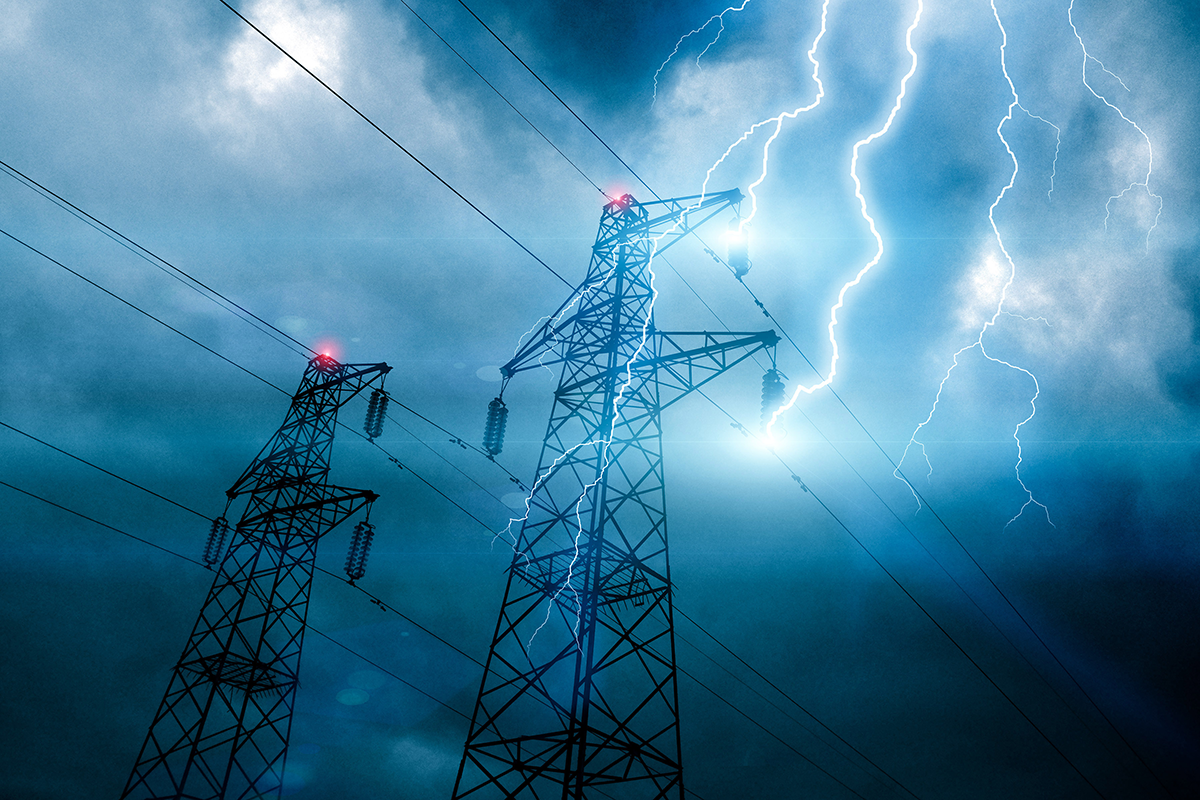
When a power outage occurs, employees can’t perform their jobs, resulting in unplanned downtime that can cost a business thousands, if not millions, of dollars. A single power outage can prove so...
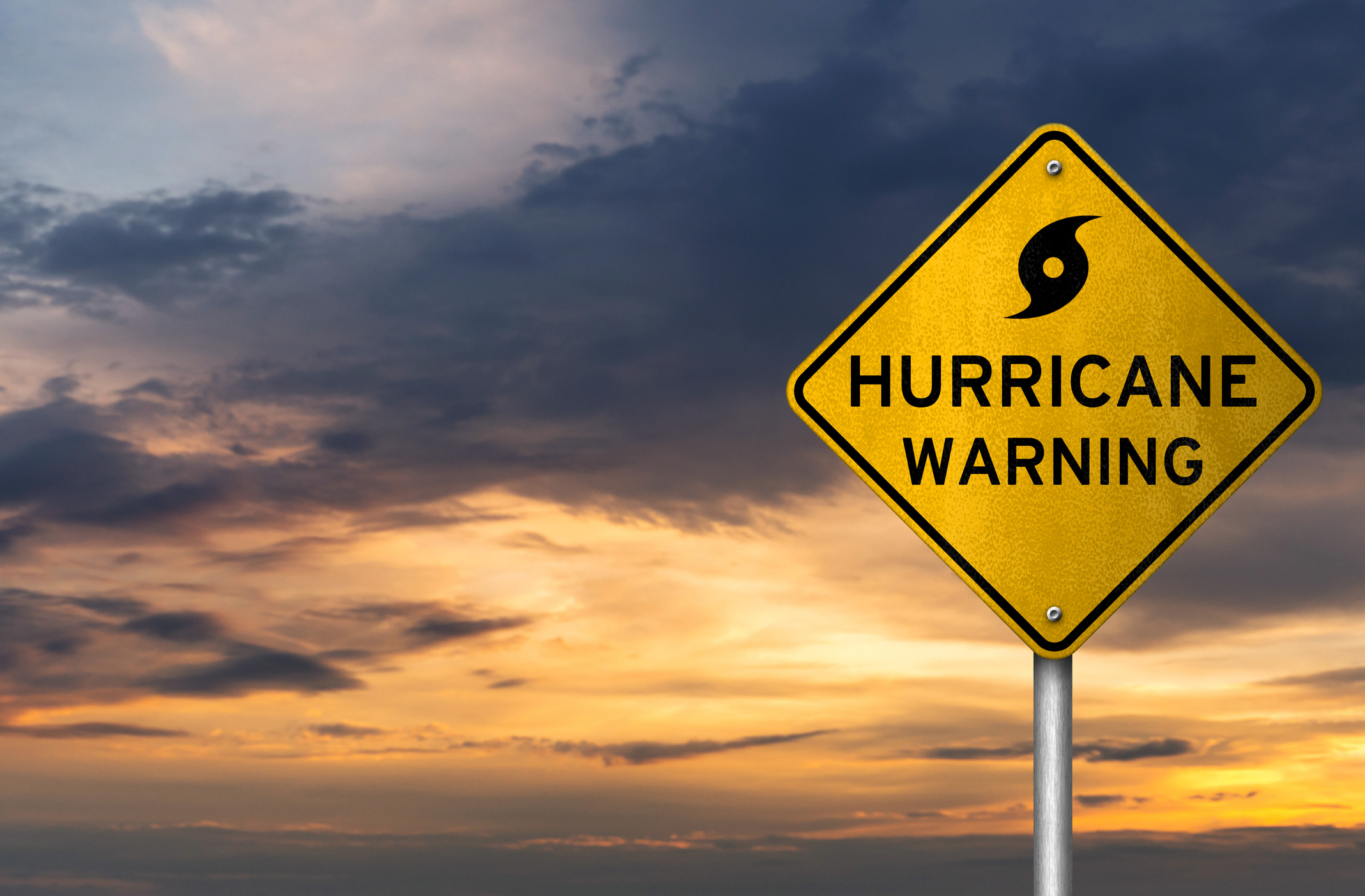
The Atlantic hurricane season officially begins on June 1 and ends on November 30. For fleet managers, this officially means that although the start of the season is a couple of months away, it’s...

To get an idea of the importance of having a backup generator for your business, think about what could happen if an unexpected power outage occurred. You would not be able to access data, complete...